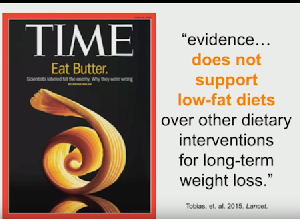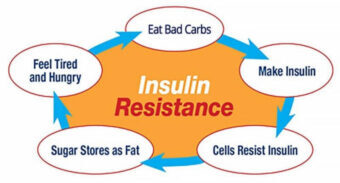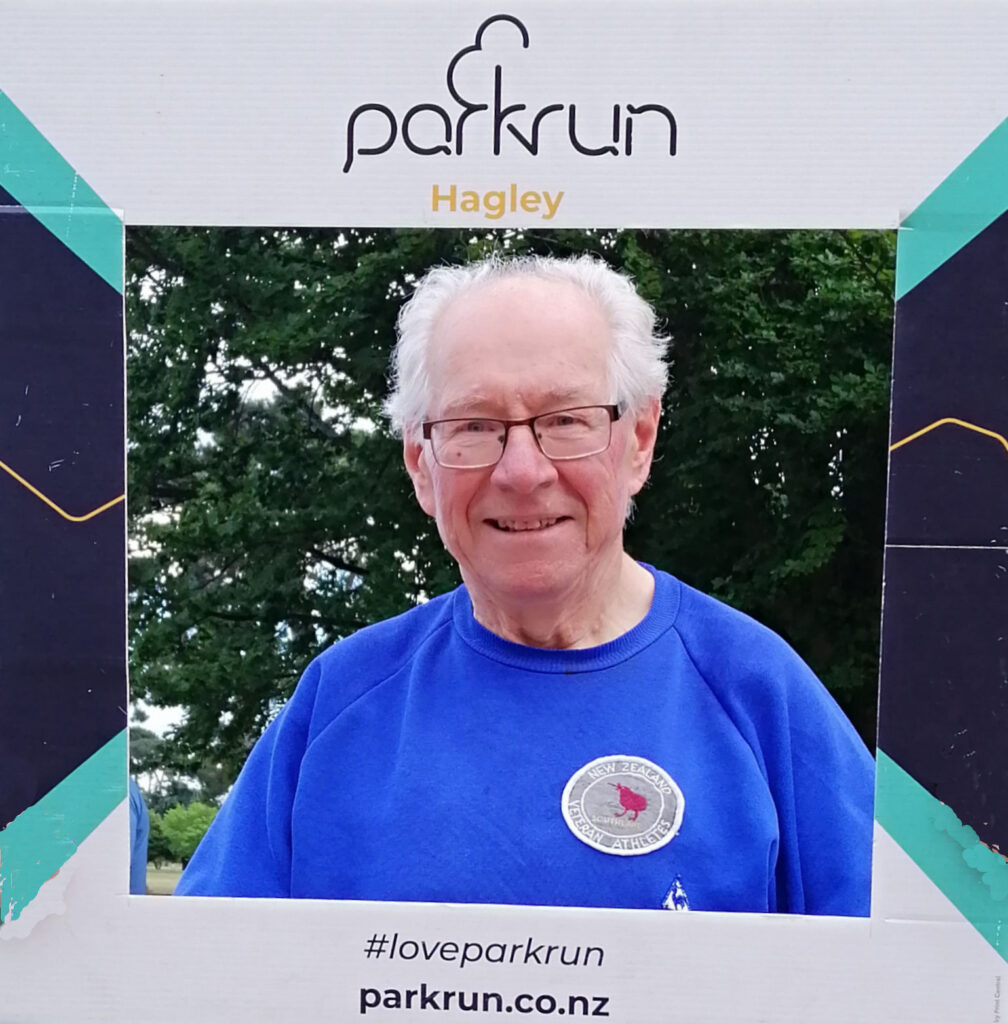Better health is possible for almost everyone. The greatest loss of healthy life years isn’t caused by poor medical services. Modern marketing, and the easy choices, “modern living” cost too many people 10 or 15 years of healthy life.
Claiming those years back requires some effort. Without your own knowledge you become a victim of low prices, fake foods, or wheat and corn packaged in 100 ways because that’s CHEAP. Drinks that are mostly sugar-water, are heavily marketed for the same reason. Supermarkets are dangerous.
It’s profitable to lie to the public, to confuse them about health, and to blame the public for making poor buying decisions and developing chronic disease.
Clinical trials
Clinical trials “This is surprising, as clinical trials and primary care practice data report beneficial and sustained results from carbohydrate reduction. (7,8) Virta Health, a US-based research entity has shown carbohydrate reduction to be safe in prediabetes/T2DM. Their 5-year data concluded their model of care showed excellent retention, sustained clinically significant weight loss, stable glycaemic control and less dependency on diabetes…
NZ Ministry of Health
NZ Ministry of Health “New Zealand (NZ) does not endorse carbohydrate reduction as a viable option for individuals, but rather cautions against it. The NZ Society for the Study of Diabetes states in their guidelines ‘meta-analyses show that the benefits of ketogenic diets are unlikely to be sustained’ (5,6) and the Ministry of Health states ‘Very low carbohydrate diets: Not recommended’.(5)”…
Diabetes Australia
Diabetes Australia “Diabetes Australia states: ‘For people with type 2 diabetes, there is reliable evidence that lower carb eating can be safe and useful in lowering average blood glucose levels in the short term (up to 6 months). It can also help reduce body weight and help manage heart disease risk factors such as raised cholesterol and raised blood pressure.’(4)” (4)…
American Diabetes Association
American Diabetes Association “An ADA 2019 consensus report concluded: ‘reducing overall carbohydrate intake for individuals with diabetes has demonstrated the most evidence for improving glycemia and may be applied in a variety of eating patterns that meet individual needs and preferences’. This report was included in the 2020 ADA Standards of Medical Care in Diabetes update. (3) ” (3) American Diabetes…
Dietary Guidelines
Dietary Guidelines “Global dietary guidelines have been updated to align with scientific evidence. The American Diabetes Association (ADA), The British Diabetes and Dietetic Associations, Diabetes Canada and Diabetes Australia have included carbohydrate reduction (CR) in their official T2DM dietary guidelines.(1,2)” While the above statement is true, there are still reservations about the long-term viability of very low carbohydrate diets in…
Insulin Resistance
Insulin Resistance “Type 2 diabetes (T2DM) is a condition that involves insulin resistance and a reduced ability to control blood glucose. Science and logic indicate that reducing the very nutrient that raises blood sugar, ie carbohydrate, would be worth consideration, yet it’s been overlooked for many years.” Insulin resistance is a response of cells to an excess of insulin in…
to the Journal of Primary Health Care
To the Journal of Primary Health Care This is an Open Letter to the editor of the Journal of Primary Health Care. New Zealand’s slow uptake of carbohydrate-reduction in type 2 diabetes managementby Marcus Hawkins GP at the Botany Doctor Medical Practice, and Caryn Zinn from the School of Sport & Recreation, Behavioural Nutrition and Physical Activity, Auckland University of Technology…
Nothing Published for a Year.
Nothing Published for a Year. Two things have caused me to stop writing this blog for the last year. First, that the low-carb professional community were reluctant to be active, at least in public. I felt that despite the progress we had made, I was like a mad dog barking at a lamp post. Second, that my own health was…
Control Without Measuring
Control Without Measuring A basic principle of management is that you can’t manage what you can’t measure. But the trap is that when we have a simple, cheap and easy measure we often use that as a proxy for the measure we would like but don’t have. This is the root of many problems. The body has many autonomous biochemical…








